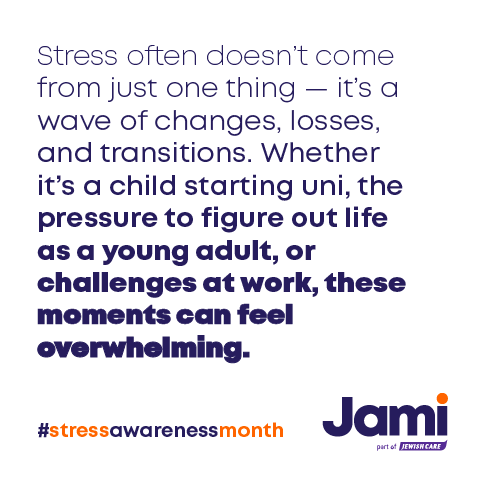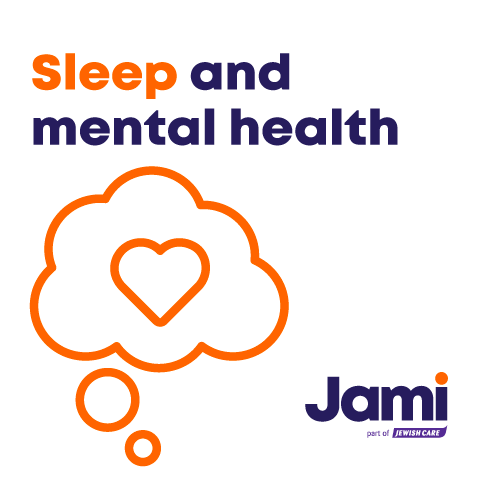
Reframing Selfish To Self-Care
Often, we are very good at looking after the health and wellbeing of others. Looking after ourselves can be the harder task.
We know that certain activities give our wellbeing a much-deserved boost, such as regular exercise, meeting up with friends or getting involved with communal activities, but the day-to-day requirements of caring for family or friends may mean this can be pushed to the bottom of the list.
To support our own mental wellbeing, we need to invest in self-care. Here are some suggestions on how to start investing in our own self-care:
Social Interaction
Take part in communal activities whether that be as part of an exercise class, a PTA or your shul community. Isolation makes us vulnerable, so staying connected has a positive impact on our wellbeing.
Boundaries
Be your own best friend, rather than your own worst enemy. In a difficult situation we may think “I can’t say or do that/I can’t let x down/they will hate me/I have to say yes”. Challenge these thoughts and ask yourself what you would say to a best friend in this situation.
Say No!
This can feel like an impossible challenge. We’re very good at saying yes to everybody apart from ourselves, sometimes we need to re-assess these boundaries and be firmer.
Reframe Selfish to Self-Care
Looking after ourselves or doing something we enjoy can be the first thing to go when we are busy. As humans we’re not always good at putting ourselves first. Start small with 15-30 minutes, and put it in your diary once a week or every fortnight. This time is for you to invest in your self-care.
Being Reflective
Can we name our emotions when we feel them and think about our responses? Are our responses what we want them to be? If not, what were other options in that scenario? If we replayed that event like a frame in a movie, what would we change?
You can do this by setting aside time to be thoughtful, do it while going for a walk, sitting quietly, by keeping a journal or diary, or best of all for many of us, during a conversation with someone else.
Being Authentic
With those around us. Communication is a key part of self-care and while socialising is helpful for combating isolation, good quality communication with the people around us is key. Being honest about how we feel with people we trust and asking them for help when we need it, can make all the difference.
Role Modeling
Self-care isn’t just for ourselves. When we invest in our own self-care we give a green light to those around us to do the same. This is important for our family and friends, people we work with and children – our own and those in the community.
Exercise
Even a short burst of 10 minutes brisk walking increases mental alertness, energy and positive mood states. Participation in regular physical activity can increase self-esteem and reduce stress and anxiety. There is approximately a 20-30% lower risk of depression and dementia for adults participating in daily physical activity.
For more on the benefits of physical activity for mental health and wellbeing, read our blog here.
Self-care can take many forms and there are many actions you can take in order to reach optimal physical and mental health. Connect with nature, spend time reading or practice hobbies. Practice spiritual self-care by volunteering to help others in need. However you do it, self-care is vital for maintaining good mental and physical health, for reducing stress and maintaining our emotional needs and relationships.
Jami is the specialist provider of mental health services for the Jewish community
Call 020 8458 2223 or visit https://jamiuk.org


